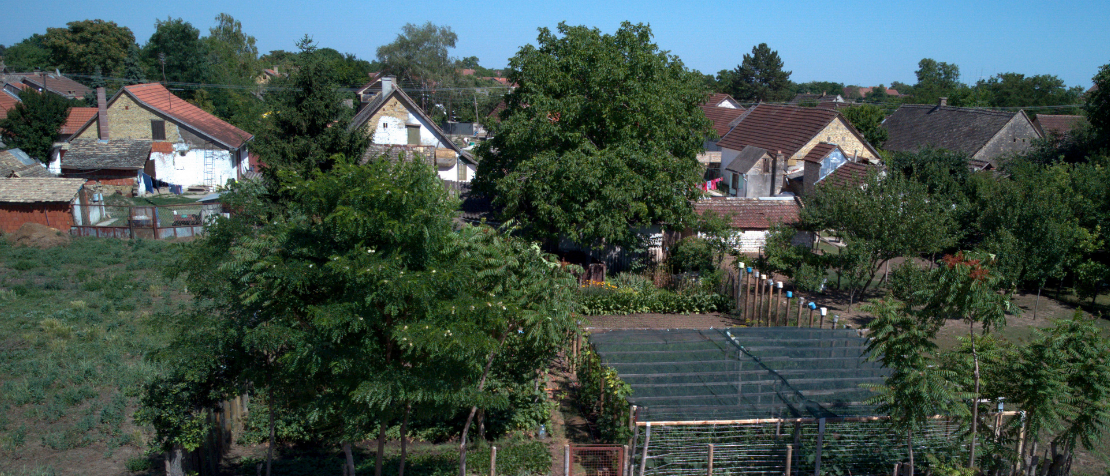Serbia strengthens national expertise in carbon accounting for agrifood systems

©FAO/Blagoje Grujic
A training course on strategic carbon accounting was held this week in Belgrade, Serbia to give experts and businesspersons practical tools to measure and reduce greenhouse gas (GHG) emissions within the agrifood sector.
The training was convened by the Food and Agriculture Organization of the United Nations (FAO) and the European Bank for Reconstruction and Development (EBRD) as part of a larger project on Developing Nationally-Determined Contributions (NDC) Roadmaps for Climate-Smart Agrifood Systems, that is helping Serbia and Uzbekistan decarbonize agrifood systems, adapt to climate risks, and attract private sector investment.
Held on 13 and 14 May 2025 at the Serbian Chamber of Commerce, the training introduced the principles and methods of carbon accounting, tools for measuring and reporting GHG emissions, and strategies for identifying climate-smart investment opportunities in agrifood value chains.
“Accurate carbon accounting is the foundation of any credible climate action in the agrifood sector,” said FAO Investment Centre’s Senior Natural Resources Management Officer, Jacopo Monzini. “Building national capacity for measuring and implementing carbon reduction strategies in agrifood systems can unlock major benefits for the environment, the economy, and food security.”
Around 35 participants from national institutions, academia, and the private sector attended the training, including representatives from the Ministry of Environmental Protection, the Institute for Science Application in Agriculture, the Faculties of Agriculture in Belgrade and Novi Sad and private financial institutions.
The participants were introduced to practical resources such as FAO’s NDC Expert Tool (NEXT) – a greenhouse gas accounting system designed to support annual environmental impact assessments in the Agriculture, Forestry, and Other Land Use sector. The European Bank for Reconstruction and Development Serbia contributed insights on the EU’s Carbon Border Adjustment Mechanism (CBAM), and its relevance for Serbian exporters.
“Investing in green technologies enhances both climate action and innovation, while strengthening economic resilience,” said Milena Popovic Martinelli, Regional Policy Lead at the EBRD for Central and South Eastern Europe. “This workshop united agrifood and financial sectors, together with academia and public bodies to drive innovation and the development of more efficient, climate-smart agrifood systems through stronger public-private partnerships.”
The training event built on earlier project activities, including a regional stakeholder meeting, held in Rome in May 2024 with country representatives, to identify investment opportunities to enhance resilient and low-carbon food production.
Next steps include three other trainings conducted by the Institute for Science Application in Agriculture in Niš, Novi Sad, and Belgrade to equip 60 more experts from the private and public sectors, academia, and environmental service providers, with the skills to apply new digital tools for assessing agricultural greenhouse gas emissions and mitigation options.
